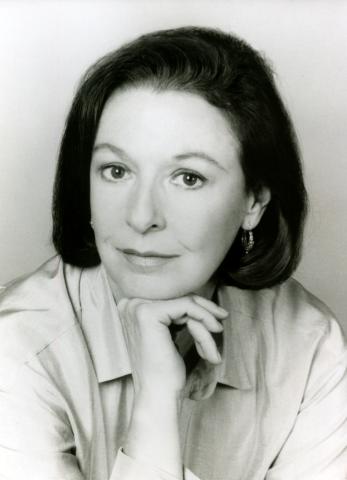Jane Alexander (1993-97)

Jane Alexander. Photo by Martha Swope
On October 8, 1993, Jane Alexander was sworn in by Supreme Court Justice Sandra Day O’Connor as the Arts Endowment’s sixth chair. The first artist to occupy the position, Alexander was an accomplished stage and screen actress who won a Tony Award in 1969 for her performance in The Great White Hope by Howard Sackler, a production mounted at Washington’s Arena Stage with Arts Endowment support. Alexander also received an Oscar nomination for the movie version of the same work, released in 1970, and an Emmy in 1981 for her performance as a concentration camp prisoner in the network television movie Playing for Time.
Over the next four years, she traveled to all 50 states and Puerto Rico to examine the status of the arts and to improve understanding of the role of the Arts Endowment and its work. In 1994, the NEA hosted the first federally sponsored national conference on the arts, Art-21: Art Reaches into the Twenty-First Century, which brought more than 1,000 participants together to discuss national arts policy. Alexander also oversaw the American Canvas project in which seven different communities held meetings to discuss major issues faced by those in the nonprofit arts, culminating in a report that provided an in-depth analysis of the current state of nonprofit arts in the country. The Arts Education Partnership was also established during her term, in 1995.
Despite her leadership, the agency underwent massive budget cuts and compulsory changes. Through this crisis, Alexander managed to keep the agency operating, and oversaw the reorganization necessitated by the reduction of appropriations.

